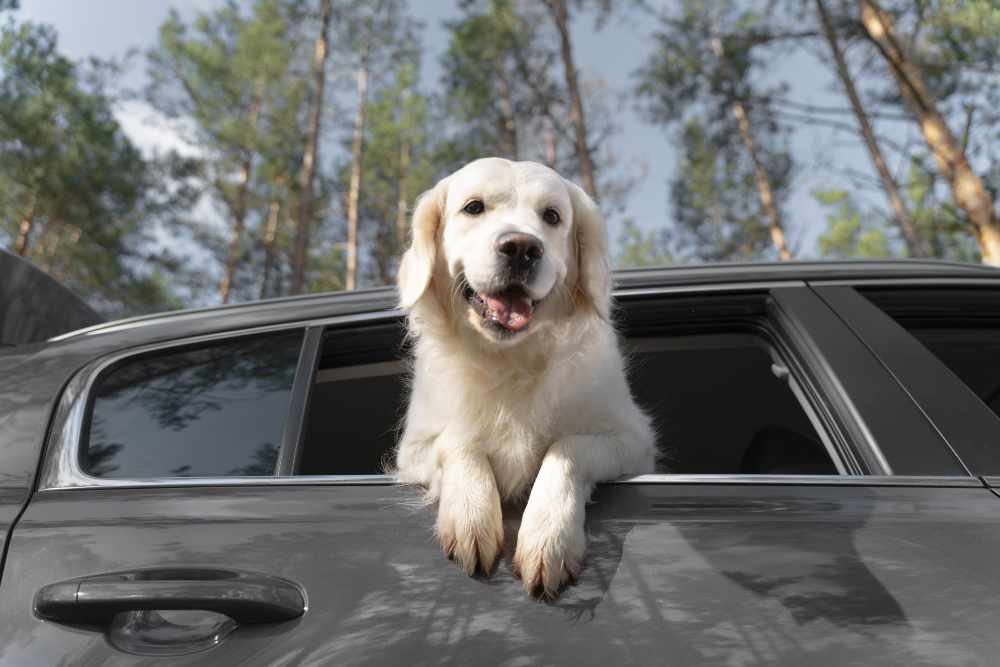
Understanding and Managing Travel Sickness in Cats and Dogs
Travel sickness, or motion sickness, is a common issue in both cats and dogs. It can make trips stressful for pets and their owners, leading to symptoms like drooling, whining, vomiting, or restlessness. Understanding the causes and solutions for travel sickness can help make journeys more comfortable for your furry friends.
Causes of Travel Sickness
- Inner Ear Development: In young pets, the inner ear, which controls balance, may not be fully developed, making them more prone to motion sickness. Many outgrow the condition as they mature.
- Stress and Anxiety: Some pets associate car travel with negative experiences, such as vet visits, which can trigger nausea.
- Lack of Habituation: Animals that are not accustomed to car rides may feel uneasy, leading to sickness.
- Sensory Confusion: The movement of the vehicle can create a disconnect between what the pet sees and what its body feels, leading to nausea.
Symptoms of Travel Sickness
- Excessive drooling
- Whining or yowling
- Pacing or restlessness
- Vomiting
- Diarrhea
- Lethargy
- Lip licking or swallowing frequently
Prevention and Management Strategies
Training and Conditioning
- Short Trips: Gradually acclimate your pet to the car by starting with short trips and slowly increasing duration.
- Positive Associations: Offer treats, toys, or praise to create a positive connection with car rides.
- Frequent Breaks: Stop regularly to let your pet stretch and relieve themselves.
Travel Adjustments
- Ventilation: Ensure fresh air circulation to minimize nausea.
- Proper Positioning: Secure pets in a carrier or with a pet seatbelt to prevent excessive movement.
- Fasting Before Travel: Avoid feeding your pet right before a trip to reduce the likelihood of vomiting.
- Comfortable Environment: Bring along familiar items, like a favorite blanket or toy, to provide comfort.
Medical and Natural Remedies
- Ginger Supplements: Known for its anti-nausea properties, ginger can help ease motion sickness.
- Over-the-Counter Medications: Some veterinarians may recommend antihistamines to reduce nausea.
- Prescription Medications: If travel sickness is severe, a vet may prescribe anti-nausea drugs
- Pheromone Sprays: Calming sprays can help reduce travel-related anxiety in both cats and dogs.
When to Consult a Veterinarian
If your pet frequently experiences severe travel sickness despite taking preventive measures, consult a veterinarian. They can assess for underlying health conditions and recommend appropriate treatments.
Conclusion
While travel sickness can be a challenge for pets and their owners, gradual training, environmental adjustments, and medical interventions can make car rides much more pleasant. By addressing both the physical and psychological causes of travel sickness, you can help ensure a smoother and stress-free journey for your furry companion.


